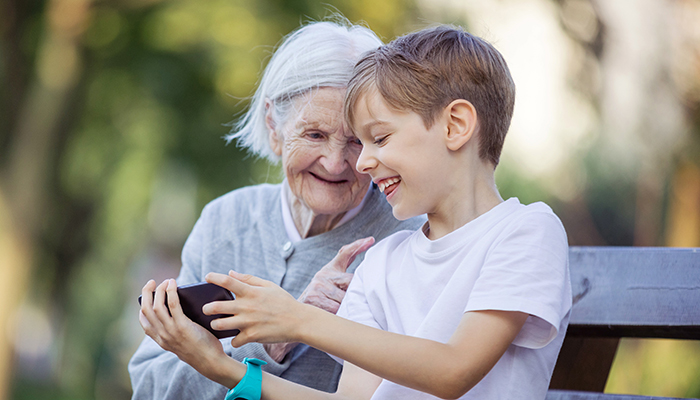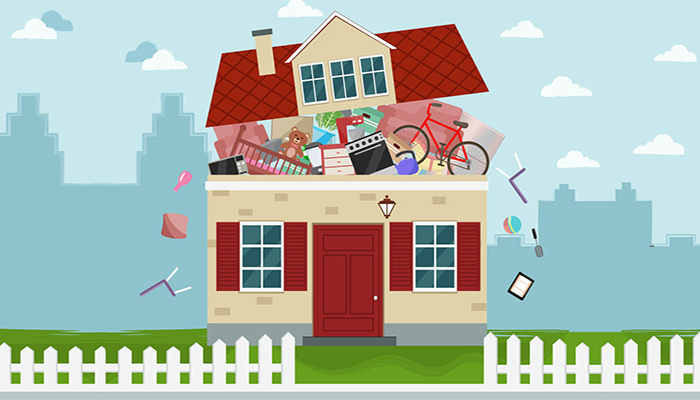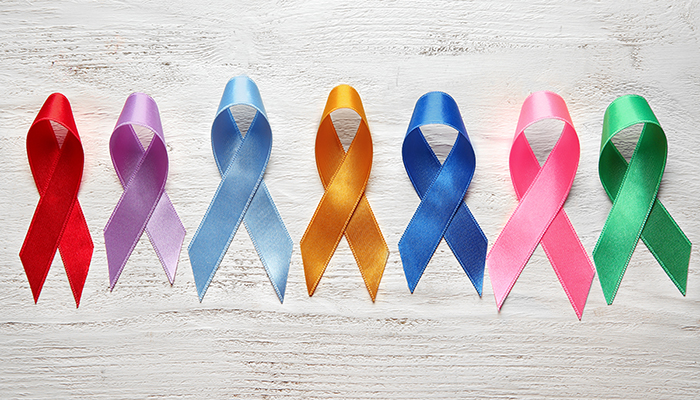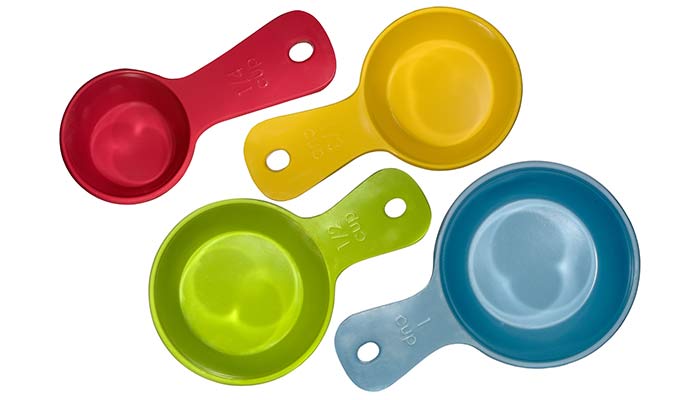Understanding the rhythm of a disease
Much of the strain of caring for a loved one lies in the loss of a predictable routine, a sense of “normalcy.” Understanding the course of your loved one’s condition—the rhythm of how it unfolds—can empower you to respond more flexibly to its challenges. Do any of these patterns ring true for your situation? Relapsing…
Read MoreAging Well Eldercare COVID Update
While we wish we could say that COVID-19 is firmly in our rear-view mirror, unfortunately this is not yet the case. The most recent variant, BA.2 or “stealth Omicron,” is highly transmissible, although it also usually causes only mild symptoms. Because of this, we are continuing to take additional precautions to keep our clients, their households, and our staff and their families safe.
Read MoreText message scamming: “Smishing”
Your loved one may be watching for phishing scams on email, but now there are scams carried out by short message service (aka, texting). “Smishing” scams rose 58% in 2021. Nationwide they cost victims over $10 billion. Seniors are a prime target, as three out of five now own smartphones. While convenient, smartphones present new…
Read MoreCaregiving with kids
Children generally like to feel included. But they may not know how to relate to an ill family member with limited abilities. Here are some ideas for home-based activities with elementary-age children.Finger foods are fun to prepare and eat together. Keep it simple: Chunks of cheese with crackers, peanut butter in celery, wash-and-eat fruits such…
Read MoreDecluttering: Why is it so hard?
Three out of five (61%) of adults over 60 feel they have more stuff than they need. And yet many of us find it emotionally painful to cull our belongings. While the physical labor of “right-sizing” is daunting, perhaps more powerful—and surprising—is the emotional challenge. For instance, you may feel that letting go of grandmother’s…
Read MoreLiving with cancer as a chronic condition
Has your loved one been diagnosed with cancer? The vast majority (67%) of people with cancer live for another five years or more. A cancer is considered “stable” or “controlled” when tumors shrink or at least temporarily stop growing. This is not the same as being cured—no tumors—but it does make cancer more of a…
Read MoreWhen you envy others
Do you ever look at friends and find yourself mad or upset because they have free time? They don’t have a relative that needs help? You might even wish they had it harder, had some real challenge in their life. And then you feel guilty. If this sounds familiar, you are not alone. Envy is…
Read MorePrimary care providers
A primary care provider (PCP) is charged with monitoring and treating a person’s whole body. Specialists abound and indeed are important. But we are more than the sum of our organs. Your relative’s PCP helps ensure that specialists are not doing things that counteract each other. If you are looking for a new PCP, there…
Read MoreCooking tips for the visually impaired
Is low vision making it harder for your loved one to cook? If food preparation has been one of their pleasures, they are probably grieving not only the change in their eyesight, but also the loss of creating and serving delicious meals. Even if cooking has not been a passion, the ability to safely prepare…
Read MoreIncreasing concentration and focus
Do you find yourself more easily distracted these days? There is good reason: Concentration is about keeping what’s useful top of mind while at the same time suppressing thoughts that distract from your primary objective. As we age, the “executive” center of the brain becomes less able to sort out distractions. It’s a filtering process…
Read More








